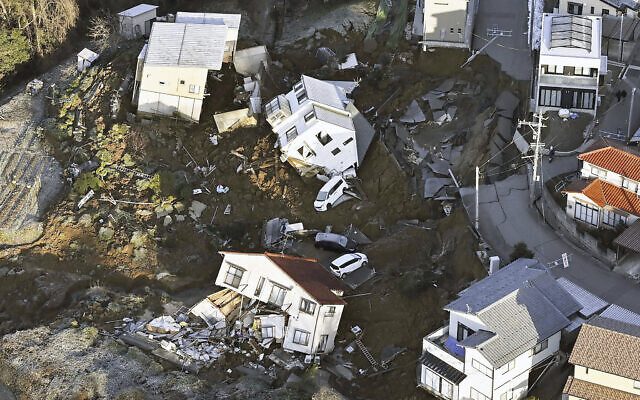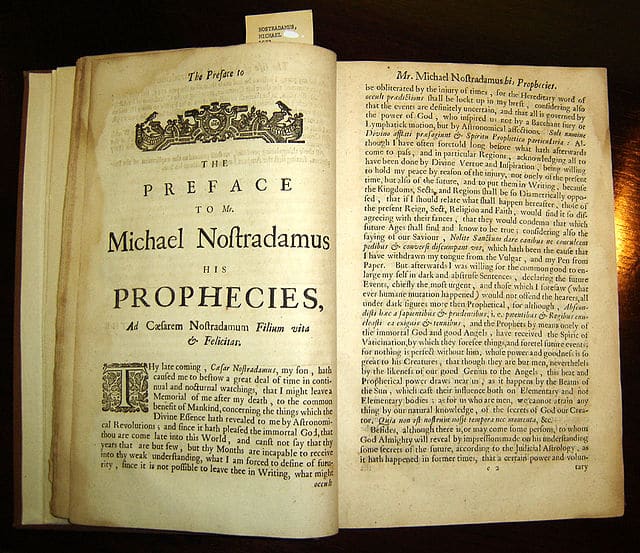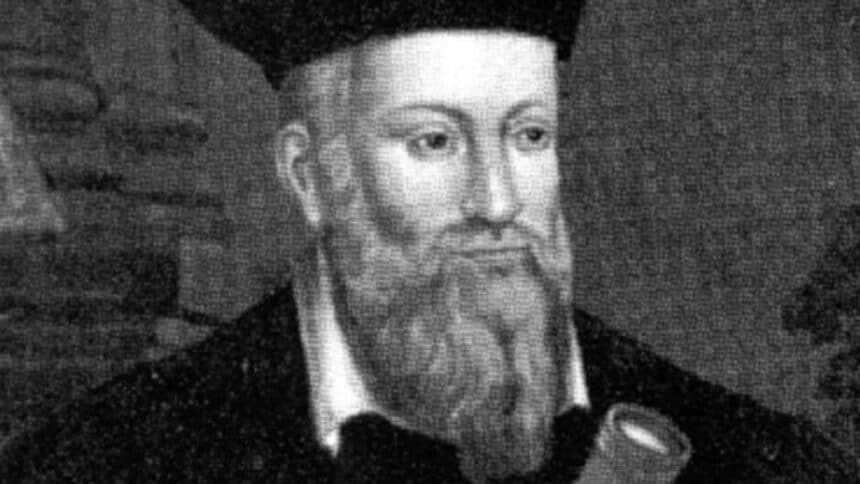In the mysterious tapestry of time and prophecy, the name Nostradamus stands out as a beacon of enigmatic foresight. As 2024 unfolds, the predictions of this 16th-century French astrologer have once again sparked intrigue and debate, especially following the recent seismic events in Japan. Scroll deeper to explore the depths of Nostradamus 2024 predictions, exploring their implications and the eerie accuracy that has characterized some of his past prophecies.

The Japan Earthquake Is A Prediction Fulfilled?
One of Nostradamus’ most talked-about predictions for 2024, which has seemingly come to pass, is the devastating earthquake that struck Japan’s Western Coast on January 1. The 7.6 magnitude tremor, resulting in fatalities and tsunamis, eerily aligns with his foretelling of natural disasters. This event has reignited discussions about the accuracy of his predictions and what they might mean for the future.
A Legacy of Prophetic Verses
Nostradamus, often dubbed the prophet of doom, penned 942 quatrains in his seminal work, Les Prophéties (The Prophecies), back in 1555. These verses, shrouded in a veil of vagueness, have been interpreted over the centuries as predictions of major global events. From the terrorist attacks on the World Trade Center to the COVID-19 pandemic, followers of Nostradamus claim that his predictions have been eerily accurate.
Who is Nostradamus?
Michel de Nostredame, known as Nostradamus, was a 16th-century French astrologer, physician, and reputed seer whose work has transcended time. Born in 1503 in Saint-Rémy-de-Provence, France, Nostradamus was born from a family of Jewish converts. A Renaissance man, he was educated in a range of subjects, including astrology, mathematics, and medicine, and he gained notoriety for his innovative treatments during the plague.
Nostradamus’ fame as a prophet stemmed from his book Les Prophéties, published in 1555. This book is alleged to predict future events. His approach combined astrological knowledge with his studies of historical events and biblical texts, leading to predictions that were complex and metaphorical.
His work was controversial, even in his time, often criticized by the scientific community.

Nostradamus 2024 Predictions: A Year of Change and Turmoil
Among the more striking of Nostradamus 2024 predictions are those hinting at significant political upheavals. The forecasted abdication of King Charles III and the emergence of a new pope suggest major shifts in traditional power structures. These predictions, if realized, could indicate a transformative period in global leadership, resonating with Nostradamus’ themes of change and renewal.
Nostradamus 2024 predictions also deal with environmental disasters is particularly relevant in today’s context of climate change. His predictions of parched earth and great floods align with current concerns about global warming and its catastrophic impact. These prophecies serve as a grim reminder of the environmental challenges facing our planet and the urgency with which they need to be addressed.
Skepticism and Belief to The Nostradamus Effect
While many are quick to link current events to Nostradamus’ predictions, skeptics argue that his quatrains are too ambiguous and open to interpretation. This skepticism, however, has not dampened the fascination with his work, as each year brings new events that some believe were foretold by the French seer.

The Impact of Prophecies on Modern Thought
The enduring interest in Nostradamus’ predictions highlights a broader aspect of human nature: our fascination with the unknown and the potential to foresee the future. His prophecies continue to influence modern thought, offering a blend of fear, hope, and the endless quest for understanding the course of human events.
The Mystique of Nostradamus Continues
As 2024 progresses, the world watches with bated breath to see which of Nostradamus’ predictions will manifest next. Whether one views his prophecies as mere coincidences or as genuine glimpses into the future, the mystique of Nostradamus continues to captivate the imagination, reminding us of the timeless allure of the unknown.


